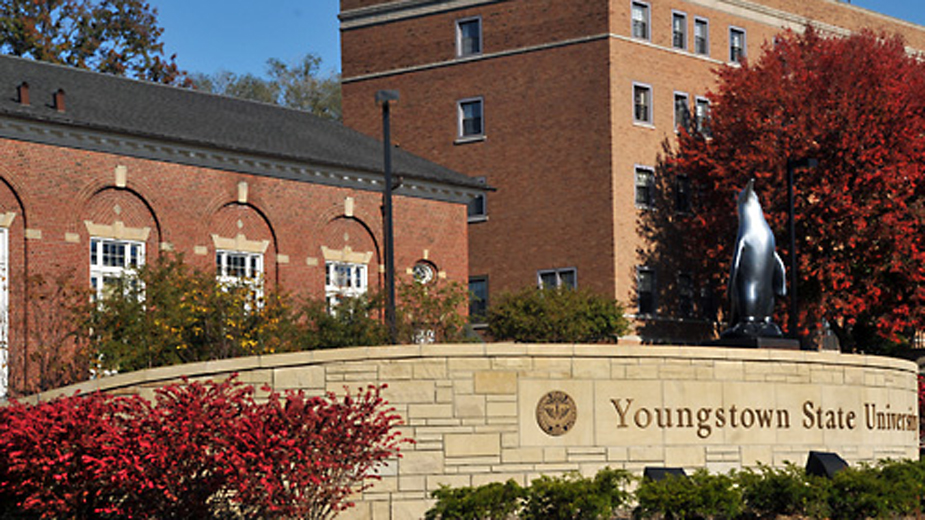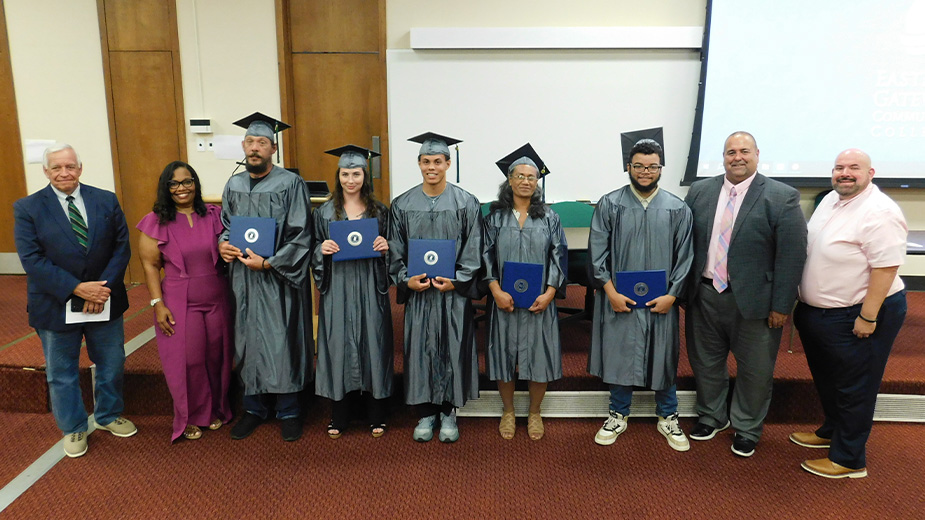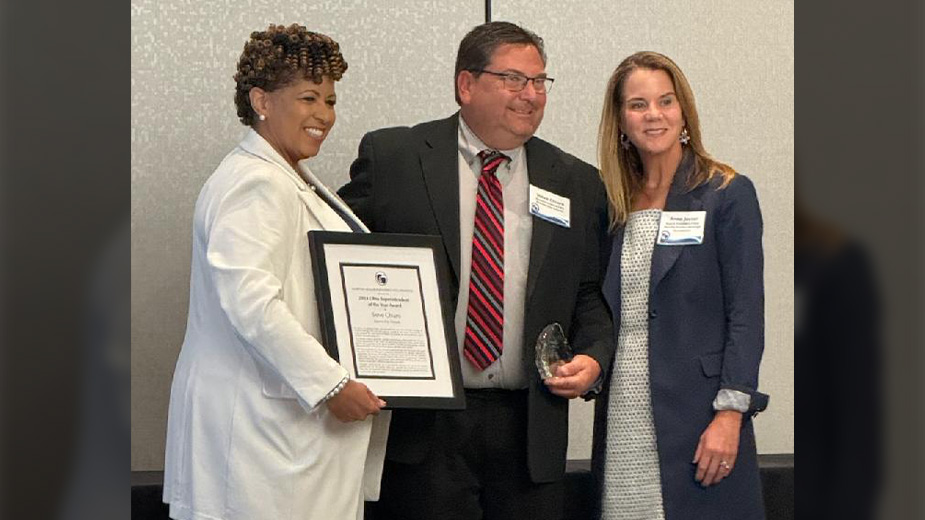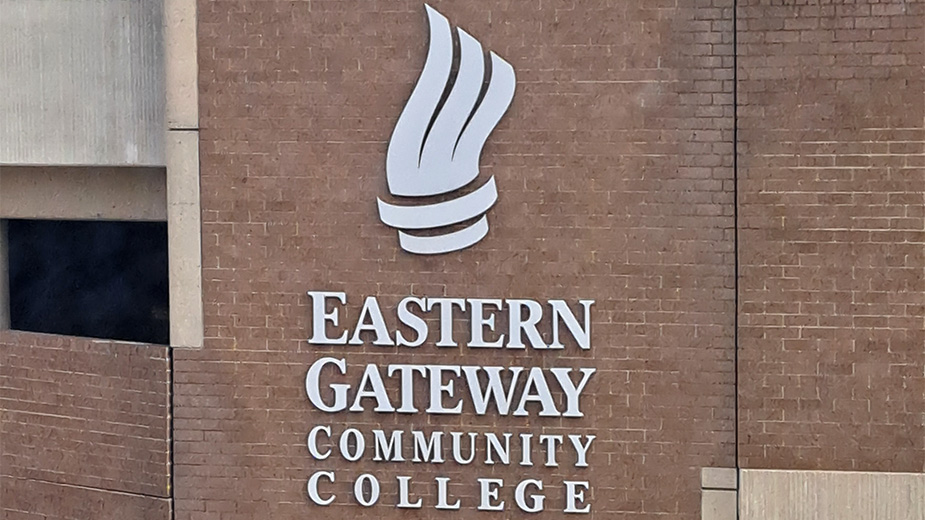YSU Examines Resource Reallocation for Academic Programs
YOUNGSTOWN, Ohio – Youngstown State University is examining reallocating resources from academic programs that aren’t meeting goals to those that meet high performance marks.
Jennifer Pintar, associate provost, reviewed the academic program portfolio design at a YSU trustees governance committee meeting Wednesday.
The panel didn’t vote on a resolution regarding the design.
The design involves “shifting resources from programs that aren’t meeting goals in graduate success, market demand and financial sustainability toward those that do demonstrate high performance in these areas,” Pintar said.
YSU fall 2023 enrollment is about 10,990 students, down about 1% from fall 2022 when it was 11,072. The university, like many others across the country, has been afflicted with declining enrollment over the past few years.
The National Center for Education Statistics reported in May that college enrollment for 18- to 24-year-olds dropped from 41% in 2010 to 38% in 2021.
The challenges are expected to continue as the number of high school graduates in the U.S. is projected to peak in 2025 and then fall off for at least several years.
YSU reviewed both undergraduate and graduate program performance using data that includes enrollment, Bureau of Labor Statistics figures, market trends and other information.
“This approach is not just about pruning our offerings, but is a strategic reallocation of resources that reinforces our commitment to excellence and relevance,” Pintar said.
The university recognizes the limitations of continuous reallocation as a sustainable strategy and “is instead choosing to actively invest in areas with potential for growth in market share,” the associate provost said.
There are areas of potential growth.
Strategic reallocation helps achieve improvement in the number of students due to market demand and the number of students who graduate to positions of gainful employment, Pintar told trustees.
The design also calls for strengthening the commitment at YSU to lifelong learning through initiatives at the YSU Division of Workforce Education and Innovation and select associate degree programs in mechanical engineering technology, electrical engineering tech and information technology.
Realignment ensures that resources are channeled into developing high quality, market relevant educational offerings, staying true to the core mission of fostering innovative, lifelong learning opportunities and establishing the correct program mix to prioritize this growth, she said.
The presentation listed undergraduate programs that are strengths at YSU considering market share. Those are business administration, biology, nursing, exercise science, psychology, criminal justice, accounting, primary education, social work, finance, general studies, mechanical engineering, marketing management, communication studies and computer science.
“These top programs are leading the way in terms of student and market demand, financial health and overall performance,” Pintar said. “They are central to the institution’s strategic priority and are key drivers of its future success.”
Twelve more programs will undergo review, with improvement plans developed with faculty input to determine the efforts needed to improve metric ratings.
“A culture change will happen when we tell the faculty what we need to do and work with them to achieve those results,” Pintar said.
Those programs are telecommunications studies, public health, dental hygiene, sociology, economics, philosophy, journalism, environmental science, anthropology, geology, dietetics and physics astronomy.
Another five programs – geography, art education, music composition, music performance and professional and technical writing – show significant weaknesses with low to no market share, according to the analysis.
Eighty percent of graduate students are enrolled in 10 of the 32 graduate programs.
“There are six programs that, combined, have a total of 37 students,” Pintar said.
Two of those, applied behavior and American studies, are already being phased out.
The other four are athletic training, music composition, music performance and music theory and composition.
Six other graduate programs will be given an improvement plan with criteria to meet. Those programs, which enroll between five and 14 students, are biology, chemistry, economics, environmental science, history and psychology.
Copyright 2024 The Business Journal, Youngstown, Ohio.



